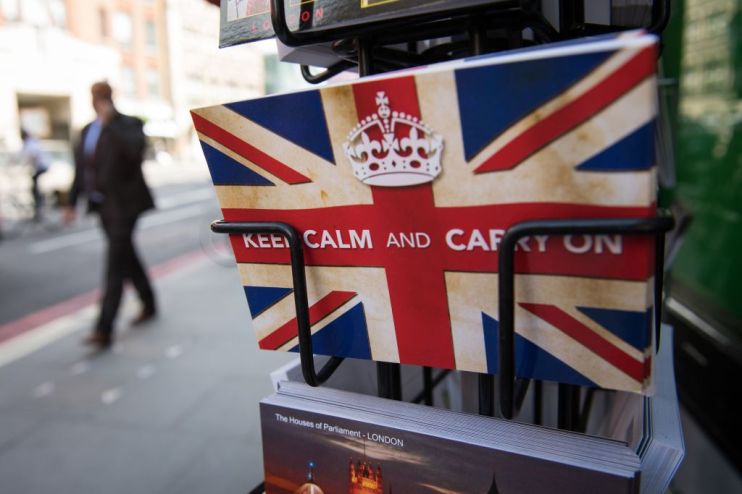UK can be a ‘free agent’ in financial markets after Brexit, says think tank

The UK can be a significant “free agent” in the global banking and financial markets once Brexit is over, a new report claims.
As negotiations continue in the next few weeks and Bois Johnson steps up his no-deal rhetoric, the UK’s banking and finance industry is in for a seismic change.
A report by think tank New Financial in association with Barclays has set out recommendations in how the industry can best respond to Brexit.
A key issue Britain will need to grapple with is the ever-growing influence of Asia in global banking and financial markets.
The EU 27’s share of the market has shrunk by a third between 2006 and 2018, while Asian markets leapfrogged and increased their share from 18 per cent to 28 per cent.
The report predicts that the UK will be a significant “free agent” and can use its expertise in areas like derivatives, trading and fintech.
Recent research shows that London has been an attractive destination for investors even despite Brexit uncertainty. London fintechs have secured $3.6bn in venture capital this year alone, with more than half coming from US investors.
UK’s competitiveness
New Financial has suggested a commission to review the UK’s competitiveness before the UK “rethink and in some areas recalibrate” the UK framework. As part of this the UK would introduce a moratorium on substantial divergence from the EU framework for at least a year after Brexit to give firms a chance to adjust.
But over time divergence is inevitable, particularly in prudential supervision.
As with trade deals, New Financial has called for bilateral initiatives with key markets such as the US, Canada, Singapore, Australia, China and India. Just under 40 per cent of the UK’s trade in financial services is with the EU. While this backdrop is challenging, the report claims Brexit provides an opportunity to develop these trading relationships.
Barclays boss Jes Staley said: “As the UK leaves the transition period at the end of this year, it faces into a more unstable and fragmented global world order than we have seen for some decades.”
“While I feel confident that the UK will remain internationally competitive, with strong regulatory standards and a stable legal system, it has choices to make about the UK’s framework governing its capital markets that will have ramifications for generations to come and faces new challenges made more acute by Covid-19.”